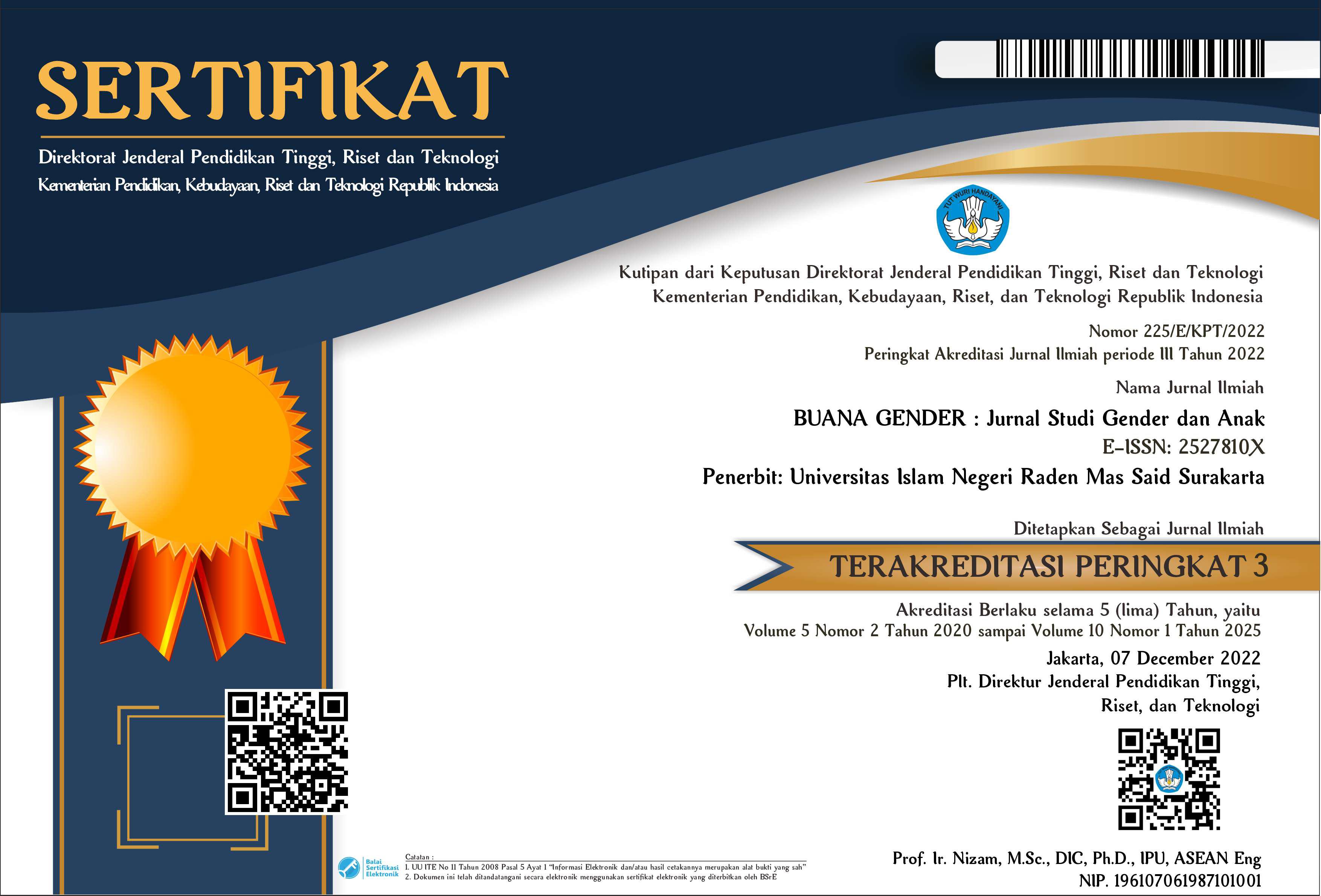Analysis of Gender Development Gaps in Indonesia
DOI:
https://doi.org/10.22515/bg.v8i2.8437Abstract
Human development efforts are intended for the entire population in a country, regardless of sex differences. There is a term for gender-based development that measures development achievements between women and men. However, Indonesia is still very thick with a patriarchal culture that makes women tend to have fewer rights than men in work, education, politics, and the economy. This makes it difficult for women to develop their potential in various fields. This gender inequality can cause development not to be able to reach its maximum potential. Gender inequality is considered to hamper the economy. Slowing economic growth certainly hurts income, both at the national, regional, and per capita levels. This study aims to identify the picture of the gender development gap in Indonesia by collecting secondary data, which is then studied more deeply. The results of the descriptive analysis show that there are still gender disparities in almost all provinces in Indonesia. Furthermore, based on the results of inference analysis using panel data, this study concluded that the gender gap simultaneously has a significant effect on per capita income. Gender inequality variables that have a partial influence include the wages of women workers, female labour force participation, and gender development.
Keyword: Gender, Gender Development Index, Gender Inequality
Published
Issue
Section
Citation Check
License
Authors who publish with this journal agree to the following terms:
- Authors retain copyright and grant the journal right of first publication with the work simultaneously licensed under a Creative Commons Attribution License that allows others to share the work with an acknowledgement of the work's authorship and initial publication in this journal.
- Authors are able to enter into separate, additional contractual arrangements for the non-exclusive distribution of the journal's published version of the work (e.g., post it to an institutional repository or publish it in a book), with an acknowledgement of its initial publication in this journal.
- Authors are permitted and encouraged to post their work online (e.g., in institutional repositories or on their website) prior to and during the submission process, as it can lead to productive exchanges, as well as earlier and greater citation of published work.










